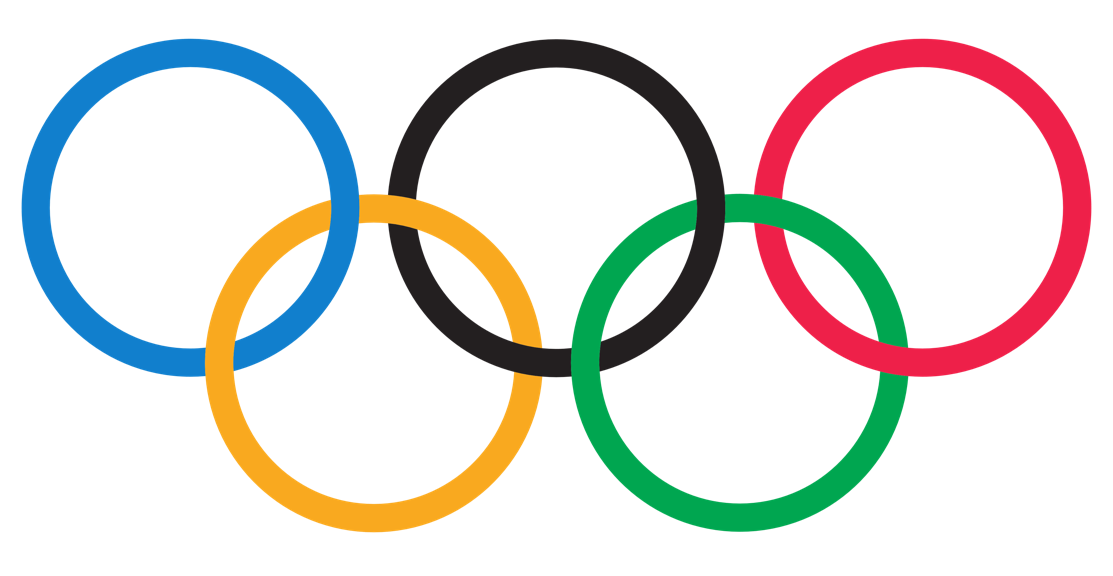 Paul Droubie, Ph.D., director of international studies and an assistant professor of history at Manhattan College, has studied modern Japan, especially the 1964 Olympic Games that took place in Tokyo.
Paul Droubie, Ph.D., director of international studies and an assistant professor of history at Manhattan College, has studied modern Japan, especially the 1964 Olympic Games that took place in Tokyo.
More than five decades later, Japan has waited for its chance to host another Summer Olympics. But the coronavirus pandemic has placed this year’s Olympics in jeopardy.
“The Japanese government was particularly excited to host the Summer Olympics for the first time since 1964,” Droubie said.
“Japanese cities have hosted several Winter Olympics, but not another Summer Olympics. Once COVID-19 (novel coronavirus) started to spread, however, it faced a nightmarish decision with no good options.”
On Sunday, March 22, Canada’s Olympic committee announced the country won't send athletes to the Olympics in Tokyo unless the Games are postponed by one year.
Droubie calls postponement of the 2020 Games “a financial and logistical nightmare.”
“The Japanese government and organizers have been strongly resisting [postponing or canceling the Games], even as it became ever more clear to many outside observers that holding them would be dangerous and irresponsible,” Droubie stated.
Canada joined a number of countries – including Norway, Brazil and Slovenia – that have pressed the International Olympic Committee on a possible postponement. After Canada's announcement, the Australian Olympic Committee said a delegation "could not be assembled in the changing circumstances at home and abroad" and told its athletes to prepare for the Olympics to be held in 2021, according to ESPN News Services.
Droubie told ESPN’s Kelly Cohen earlier in March that the coronavirus threat is the organizers' "worst nightmare."
“Japanese Prime Minister Shinzo Abe has finally admitted the possibility of postponement,” Droubie said. “The IOC has officially announced a mid-April date to make a decision, although it seems likely that they will decide before then to postpone the Olympics.”